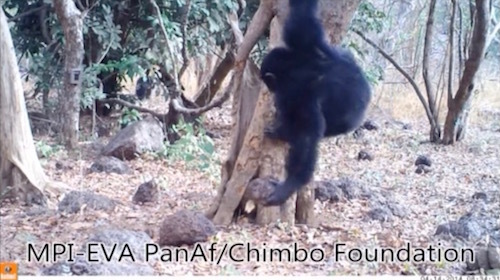Discovery Institute's Blog, page 88
March 2, 2016
From the Cambrian Explosion, a Remarkably Preserved Image of a Nervous System

Quite beautiful, isn't it? Like a dragon float from a Chinese New Year parade. The Washington Post calls it an "ugly arthropod." Are they blind?
News from Cambridge University of an unprecedented Cambrian find from, in fact, China:
A 520 million-year-old fossilised nervous system -- so well-preserved that individually fossilised nerves are visible -- is the most complete and best example yet found, and could help unravel how the nervous system evolved in early animals.
How did this arthropod...
March 1, 2016
Coming in April, Richard Weikart's The Death of Humanity Asks the "Why It Matters" Question
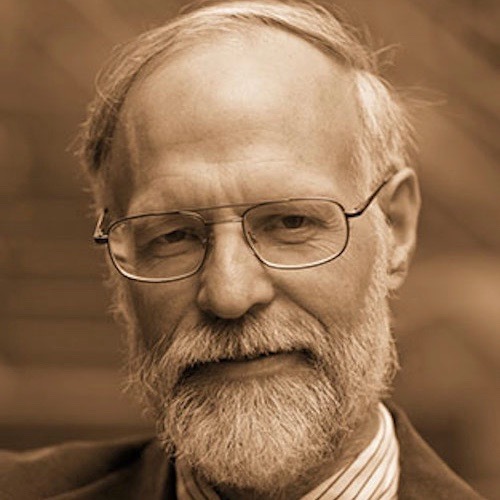
On a momentous, anxious day for our country, it's healthy to be summoned back to ultimate questions. Let's do that by celebrating the now official upcoming publication on April 4 of our colleague Richard Weikart's new book, The Death of Humanity: And the Case for Life. The wonderful historian and truth-teller (From Darwin to Hitler, Hitler's Ethic) considers from a historical perspective the problem of why debates about biological origins matter intensely as they do.
Is it all about Biblica...
Now Chimps Practice "Sacred Rituals"
In the drive to eliminate the distinction between people and animals, chimps in particular, I should have guessed it would come this. Here's a scientist who claims that chimps practice "sacred rituals" of their own devising. They not only use tools, they have something like religion!
Click on the image above to watch the video and see if it reminds you of your most recent visit to a church or synagogue. Chimps are caught on camera repeatedly rushing at a tree and banging a rock against it....
The Physics and Biology of Olfaction

If you've seen Living Waters, you were undoubtedly amazed at the complexity of operations going on inside a salmon's nose. Yet that animation vastly oversimplifies the olfactory sense. New findings continue to bring scientists closer to understanding how it works, adding to what we previously reported in September.
Last time we focused on the olfactory epithelium, the tissue that receives the odor molecules. We saw how it is organized into a hierarchical pattern that provides the best possib...
February 29, 2016
If Patients Were Pets

A Canadian government panel -- charged with recommending terms for the Supreme Court-imposed right to euthanasia -- wants MDs (and nurses) to have lower conscience rights than veterinarians. What do I mean? If someone presents a pet to be euthanized, the veterinarian can say no if she thinks the condition of the animal does not warrant that extreme action.
But if the panel gets its way, not so with doctors. It wants all MDs required by law to either kill the legally qualified patient or -- i...
The Types: Why Shared Characteristics Are Bad News for Darwinism
Editor's note: In his new book Evolution: Still a Theory in Crisis, Michael Denton not only updates the argument from his groundbreaking Evolution: A Theory in Crisis (1985) but also presents a powerful new critique of Darwinian evolution. This article is one in a series in which Dr. Denton summarizes some of the most important points of the new book. For the full story, get your copy of Evolution: Still a Theory in Crisis. For a limited time, you'll enjoy a 30 percent discount at CreateSpac...
February 28, 2016
David Snoke on "Maxwell's Demon" and Information Processing
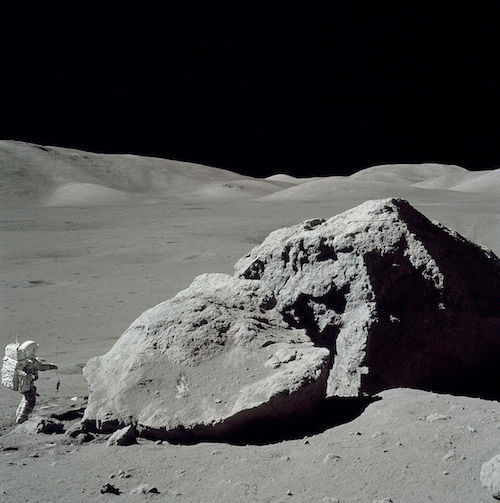
On an episode of ID the Future, physicist David Snoke concludes his discussion of information, including biological information, in the light of physics.
Click here to download the episode:
He describes the implications of the "Maxwell's demon" thought experiment and asks about the probability of an information-processing system appearing spontaneously in nature -- say, one that sorts rocks on the Moon.
Image: Astronaut Harrison Schmitt, Apollo 17, on the lunar surface, by NASA via Wikime...
February 27, 2016
Biological Information from a Physics Perspective

On an episode of ID the Future, University of Pittsburgh physicist David Snoke discusses biological information from the perspective of physics -- which is different, of course, from that of biology.
Click here to download the episode:
For biological "information," Dr. Snoke suggests "communication" may be the more accurate term. Measuring that, whatever you call it, may be thought of as counting the number of ways a system can be broken. Picture opening up a car engine, or a cell in your...
February 26, 2016
The Digestive System: The Stomach and Beyond
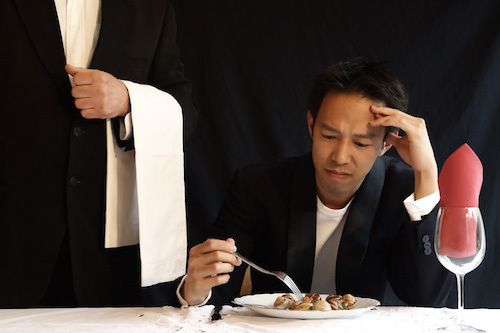
Editor's note: Physicians have a special place among the thinkers who have elaborated the argument for intelligent design. Perhaps that's because, more than evolutionary biologists, they are familiar with the challenges of maintaining a functioning complex system, the human body. With that in mind, Evolution News is delighted to offer this series, "The Designed Body." For the complete series, see here. Dr. Glicksman practices palliative medicine for a hospice organization.
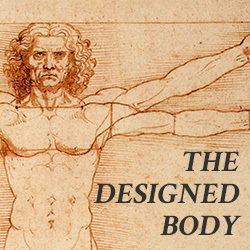 Except for molecul...
Except for molecul...
Language as an Evolutionary Conundrum

In Chapter 10 of his new book Evolution: Still a Theory in Crisis, Michael Denton argues for the proposition that language and the higher intellectual faculties -- the gifts that uniquely make us human -- arose by saltation. In other words, they are gifts -- sudden ones. Denton's view, as he makes clear, has precedents reaching from Alfred Russel Wallace to linguist Noam Chomsky.
In a nice coincidence, Chomsky and MIT colleague Robert C. Berwick are just out with a book of their own, from MI...
Discovery Institute's Blog
- Discovery Institute's profile
- 15 followers


